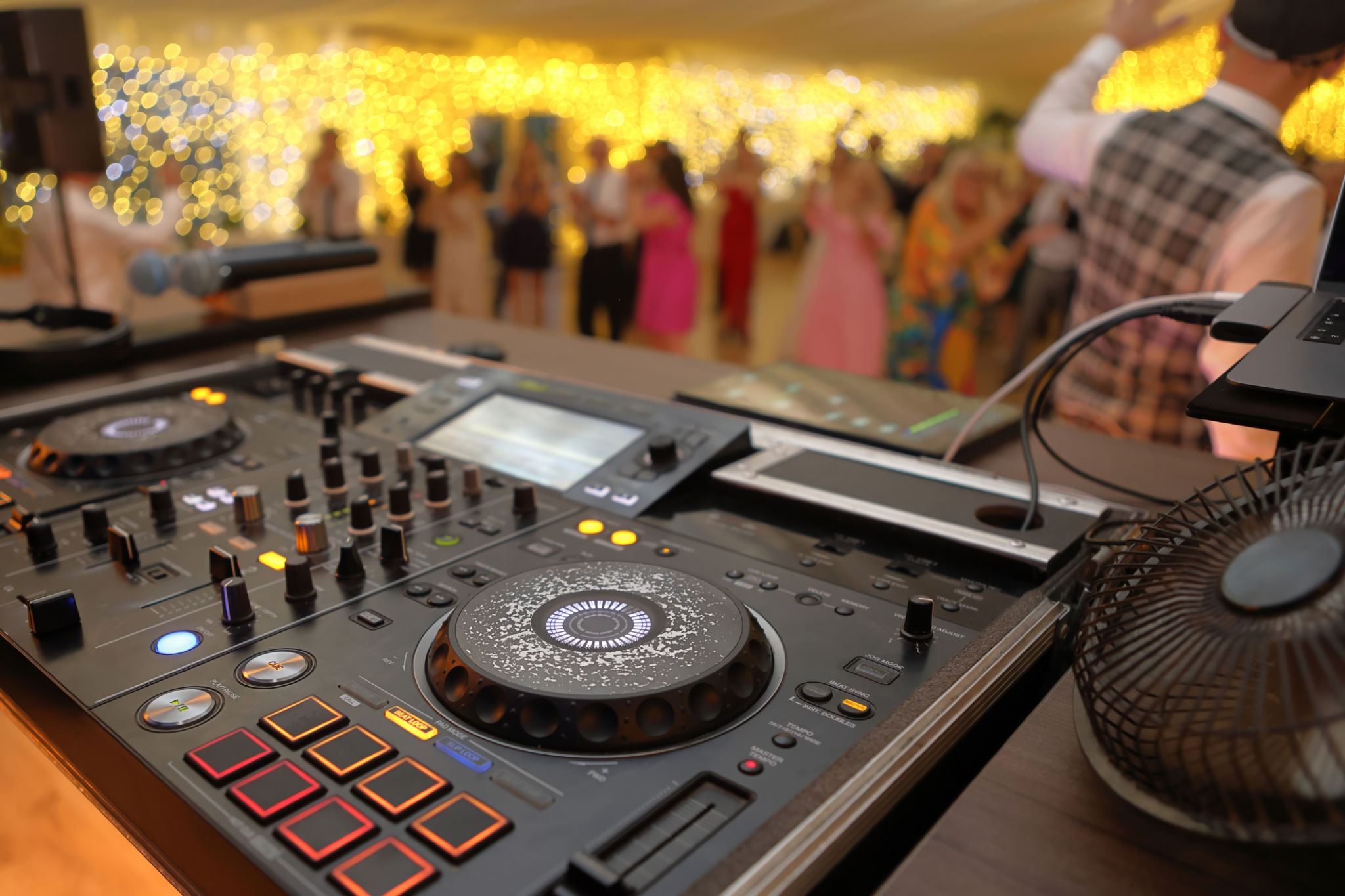Navigating Wedding DJ Contracts: What You Need to Know
Understanding the Importance of a DJ Contract
When planning a wedding, securing a DJ to entertain your guests is often high on the list of priorities. A good DJ can set the tone for your special day and ensure everyone has a memorable time. However, before you get carried away by the excitement, it’s crucial to understand the importance of having a solid DJ contract in place. This document serves as a safeguard for both you and the DJ, clearly outlining expectations and responsibilities.

Key Elements of a Wedding DJ Contract
Service Details
The contract should specify the services included, such as equipment provision, the duration of the performance, and any additional responsibilities like MC duties. Make sure every aspect of the DJ’s role is detailed to avoid any confusion on the day of the wedding.
Payment Terms
Understanding the payment structure is vital. Contracts typically outline the total cost, deposit requirements, and payment deadlines. Be clear about when and how payments should be made to avoid any last-minute surprises.

Cancellation and Refund Policies
No matter how well you plan, unforeseen circumstances can arise. The contract should include a clause that addresses cancellation by either party. This section should detail the conditions under which a refund is possible and any fees associated with canceling. It’s crucial to understand this policy to protect your investment.
Contingency Plans
Things don’t always go as planned, so having contingency plans in place is essential. The contract should state what happens if the DJ is unable to perform—whether due to illness or equipment failure—and outline backup solutions.

Customizing Your Playlist
One of the joys of hiring a DJ is having the perfect soundtrack for your big day. The contract should specify how you can contribute to the playlist and any restrictions on song selections. Ensure there's room for customization so your wedding music reflects your unique taste.
Sound and Equipment Requirements
Check if there are any specific requirements regarding sound levels or equipment setup at your venue. The contract should address these issues along with any additional fees for extra equipment or extended hours.
Legal Considerations
While it may seem daunting, reviewing the legal aspects of the contract is necessary. Consider consulting a lawyer if you’re unsure about certain clauses. Understanding legal jargon can prevent misunderstandings and ensure both parties are on the same page.
In conclusion, while planning your wedding can be overwhelming, taking the time to thoroughly review and understand your DJ contract can save you from potential headaches down the line. With these tips in mind, you can dance your way into a worry-free celebration.